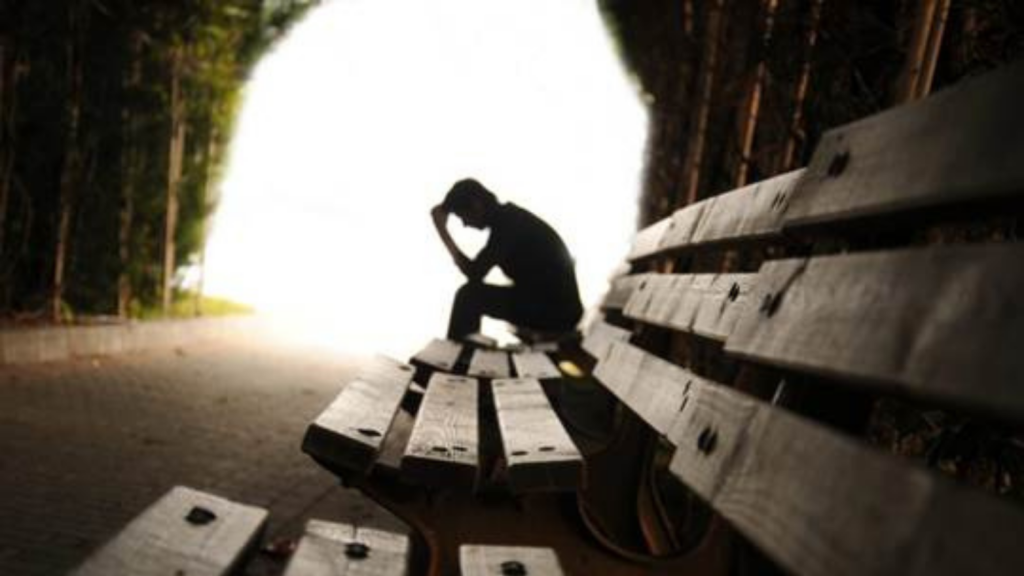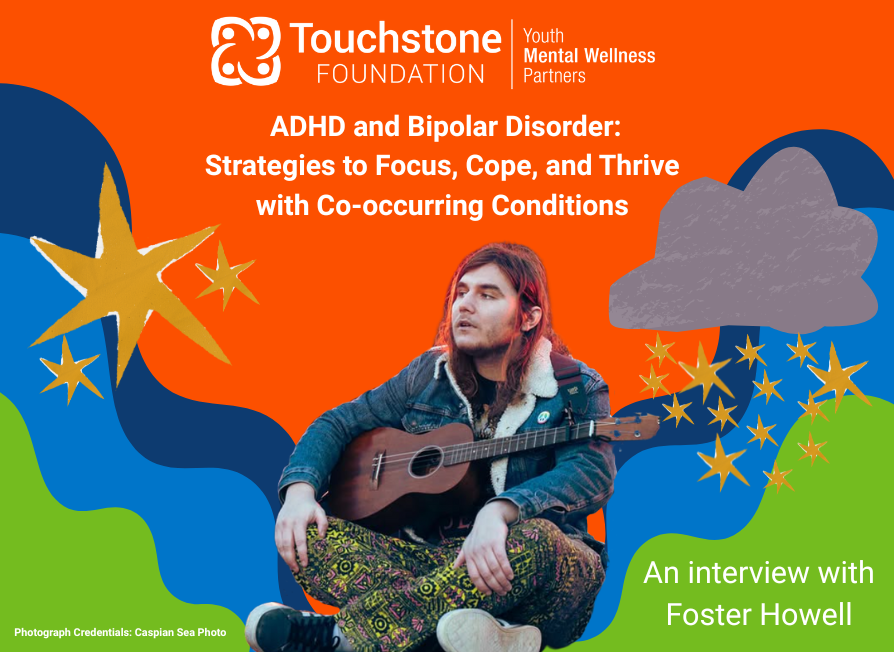
Recidivism is a challenge in the juvenile justice system. Teenagers who are incarcerated tend to have substantially worse outcomes later in life than those who avoid serving time for similar offenses, according to a 2015 study co-authored by MIT scholar Joseph Doyle.
Advoz’s Victim-Offender Conferencing program enables Lancaster County youth who caused harm (juvenile offenders) to address the harm, first meeting with a trained facilitator and then, if all agree, jointly with those who’ve been harmed (the victims.)
Not all victims agree to participate, but some agree to the use of a proxy. An LOHF grant funds Advoz’s Stand In Justice program, which trains proxies to represent victims in a victim-offender conference. Advoz trains community volunteers to stand in for non-participating victims in restorative dialogue with youth offenders. The program elevates empathy, learning, responsibility, and self-esteem for participating youth, preventing future harm and re-setting a positive direction at a formative time of their lives.
Research Improves Aspects of the Program
Krista Rittenhouse, Director of Restorative Justice at Advoz, reports that the LOHF Grant has helped them build the program in meaningful ways. “In addition to providing funds to train proxies, the grant has allowed us to research what is working and develop more effective ways to grow our program.”
Rittenhouse reports, “One of the most noticeable findings is the impact of diversity. We seek to include diversity in our teams. We see that when we have a community representative that accurately reflects the composition of the community or neighborhood the youth comes from, outcomes improve.” She adds, “The learning made possible from this program has highlighted the need for greater diversity among our volunteers and our staff.”
Research has also helped Advoz create more effective nomenclature. Rittenhouse notes, “We started out calling our work a proxy program because that is what it’s called in many parts of the country. But we have found that replacing the term “proxy” with the term “victim representative” makes the process easier to understand and facilitates better reactions among participating youth. The more intuitive title makes it easier for youth to understand what we’re doing.”
Rittenhouse emphasizes, “Without this grant, we couldn’t have helped the youths we worked with, their families, and the victims.” She adds, “Stand in Justice is a tool to decrease recidivism down the road. We’re helping people now, but it’s also a long-term effort.”
About LOHF Grants
LOHF’s grants elevate youth and children’s mental well-being by supporting local programs that help us answer one or both of our two big questions: How can we build the talent pipeline in behavioral healthcare for youth and children in Lancaster County? And how will we improve access to mental well-being for youth and children in Lancaster County?
We encourage applicants to replicate existing successful models and work collaboratively with others to improve mental health services for youth and children ages birth to 26. Additional funds will be available in Spring 2021. To learn more, please visit http://www.lohf.org/grants.




